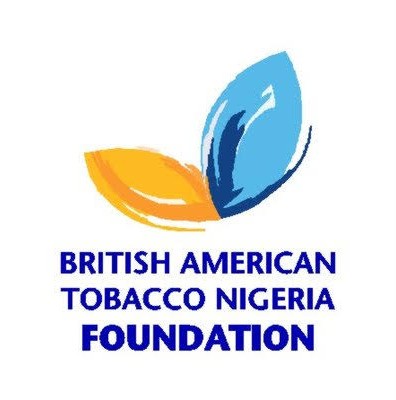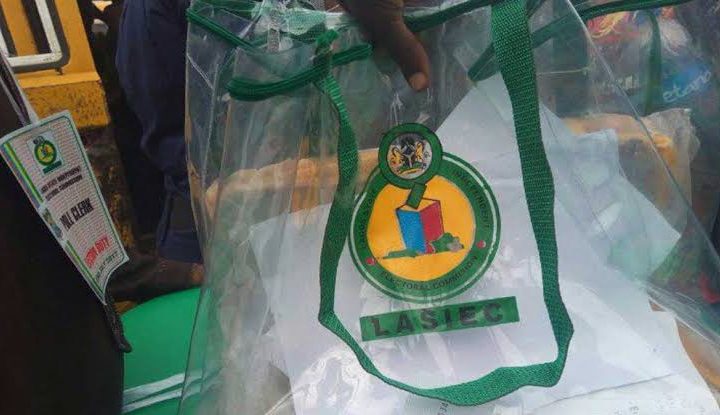THE Director General, National Agency for Food and Drug Administration and Control (NAFDAC), Prof. Moji Adeyeye, has condemned the rising cases of drug abuse in the country.
Adeyeye described the situation as a threat to a significant portion of the population and national security.
Join our WhatsApp ChannelAccording to a statement signed by NAFDAC’s Resident Media Consultant, Sayo Akintola, on Sunday in Abuja, Adeyeye stated this during the maiden Annual National Security Summit, with the theme, “Covid-19, Drug Abuse, Mental Health: Implications to National Security.”
The DG who was represented by NAFDAC’s Director of Narcotics and Controlled Substances, Dr. Musa Umar, noted that drug abuse was both a health and a social problem, warning that it had been predicted to rise by 40% by 2030 across the world if not controlled.
Describing the causes of drug abuse, Adeyeye explained that lack of opportunities, inequality, poverty, and mental health conditions were known factors, adding that the illicit drug use in poor and marginalised urban neighbourhoods was often driven by poverty.
According to the DG, Covid-19 pandemic increased economic deprivation and feelings of social isolation, which are factors that can contribute to predisposing people to drug abuse.
“Among the various substances being abused, cannabis ranks high, 25% of drug users are females (approximately 3.4m) while 20% of drug users are dependent (approximately 2.9m),” she said.
Citing a 2018 Survey on Drug Use in Nigeria, Adeyeye stated that about 14.4% (14.3 million) people aged between 15 and 64 years used drugs in Nigeria compared to a 2016 global annual prevalence of any drug use of 5.6% among adult population.
She said the survey also revealed that the highest-level drug use was among those aged between 25 and 39 years, adding that it was a matter of great concern, being the main productive age range in the youthful population of Nigeria.
Adeyeye said, “A 2018 report also revealed that about 376,000 (0.4 per cent of the population aged 15 – 64) were estimated to be high-risk drug users – defined as people who had used opioids, crack/cocaine or amphetamines in the past 12 months and had used those drugs on at least five occasions in the past thirty days.
“Among the high-risk drug users 21 per cent, or an estimated 80,000 users, are people who inject drugs (PWID). The majority (78%) were men, but one out of five people who inject drugs are women.”
According to the NAFDAC boss, people who inject drugs are among the most marginalised and disadvantaged drug users as they experience poor health outcomes, premature death, high rates of potentially life-threatening infectious diseases such as HIV, hepatitis and tuberculosis, and an increased risk of both fatal and non-fatal drug overdoses.
She added that drug abuse could negatively affect the nature and quality of youths (who are the major drug abusers), national productivity and security.
Adeyeye also advised against stigmatising drug abuse victims, describing it as one of the barriers to seeking treatment.
“Such mindset needs to change, and society should see a drug addict as a sick person who needs treatment and not as a criminal to be punished,” she said.
Victor Ezeja is a passionate journalist with seven years of experience writing on economy, politics and energy. He holds a Master's degree in Mass Communication.


















Follow Us